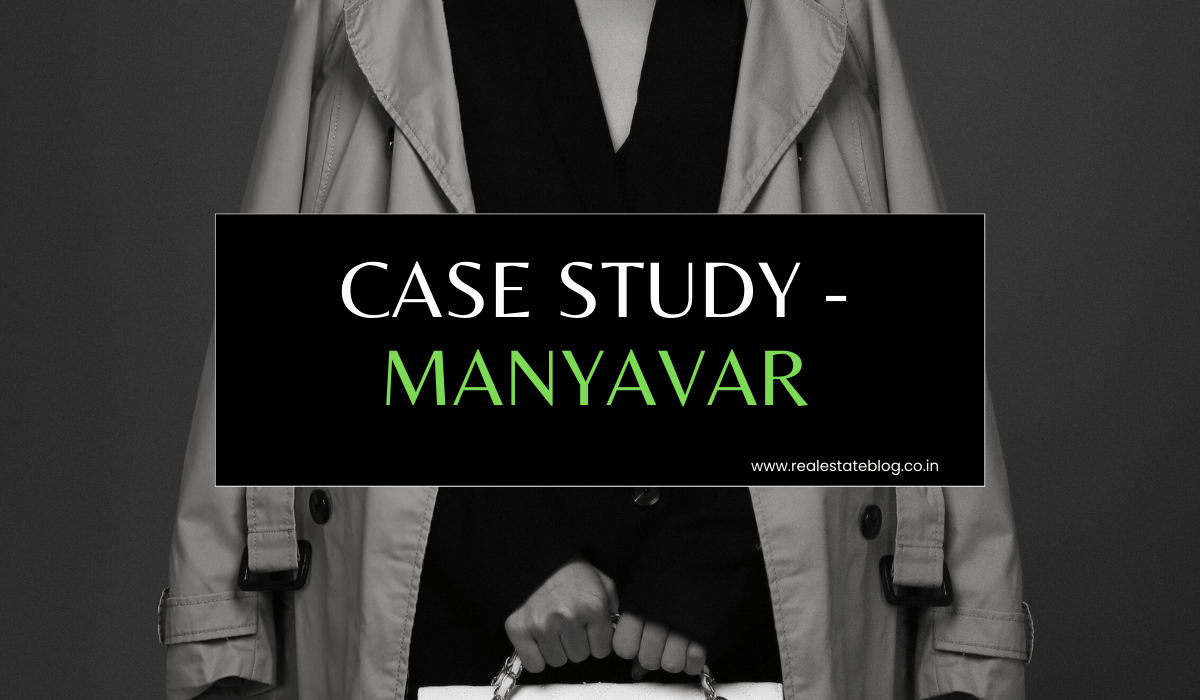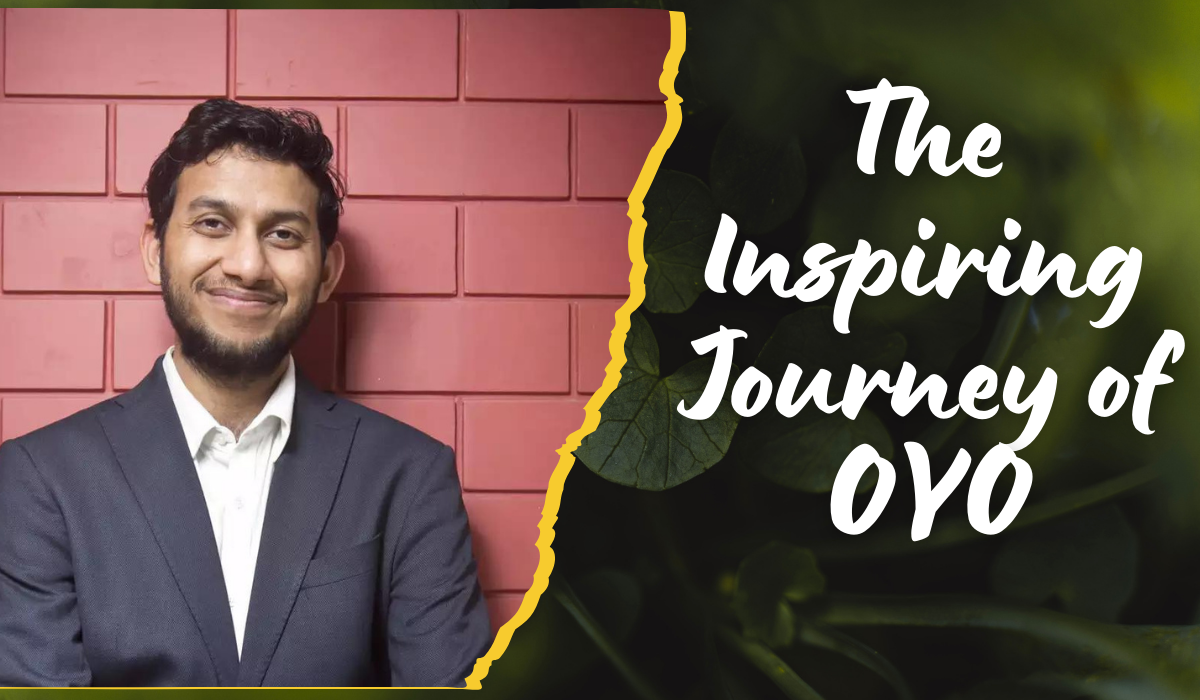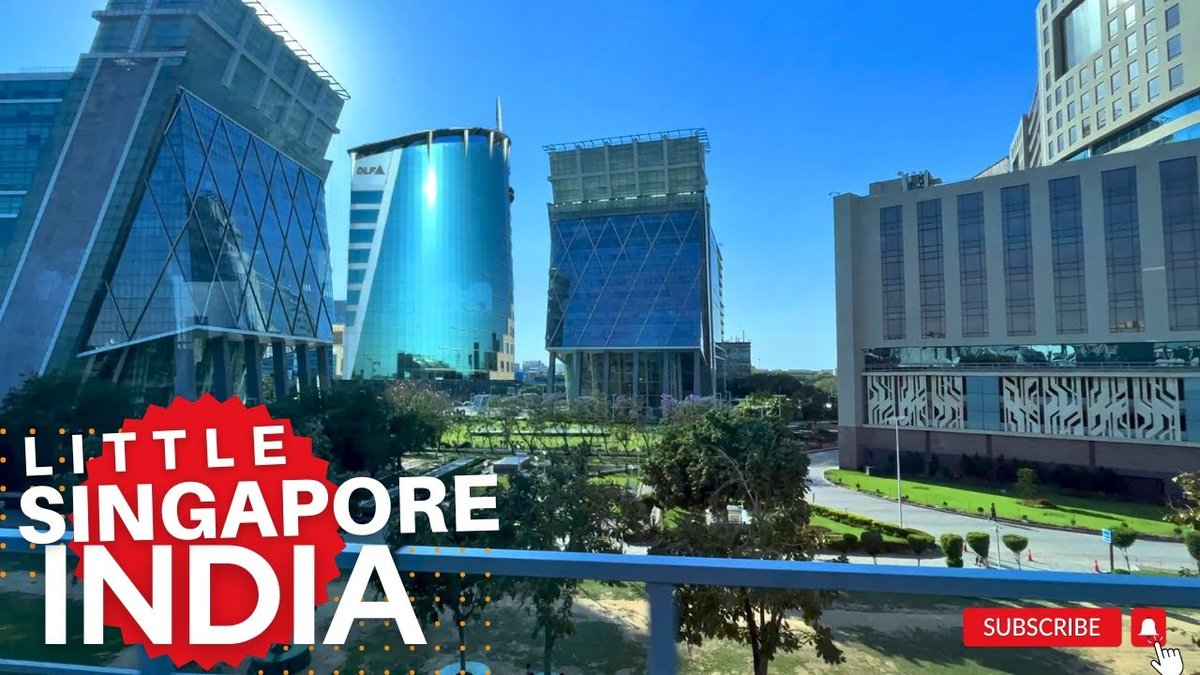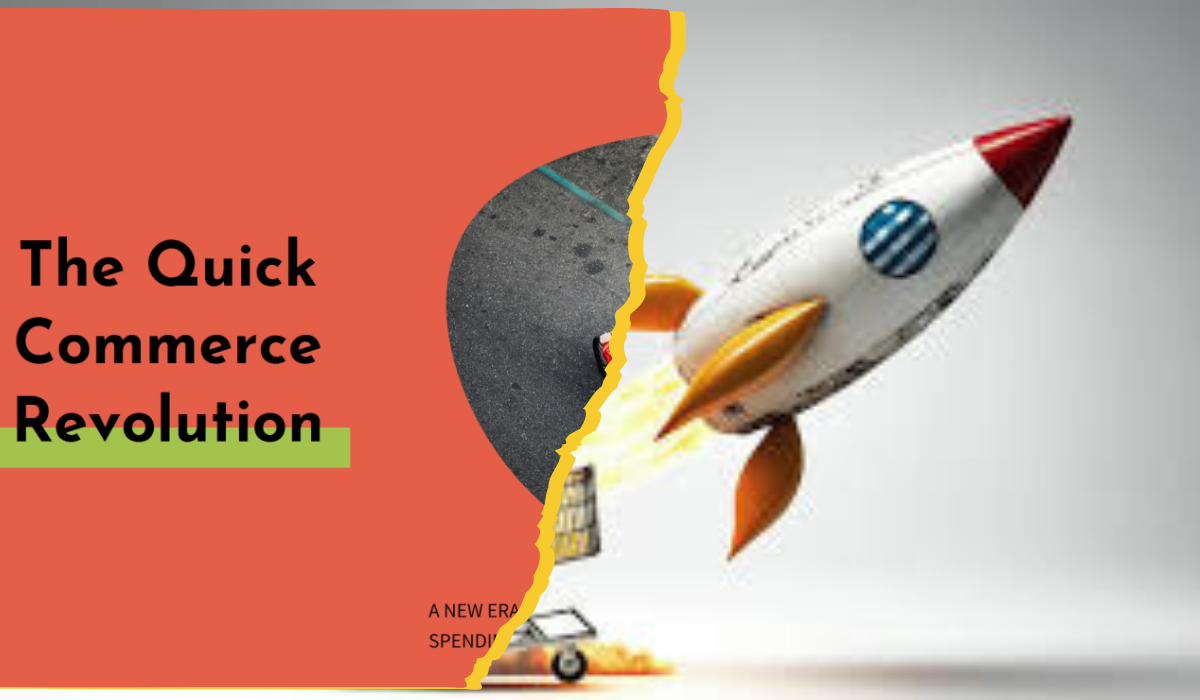In the realm of Indian entrepreneurship, the story of Manyavar and its founder, Ravi Modi, stands out as a shining example of determination, innovation, and market disruption. From a humble beginning with a modest investment of just Rs. 10,000, Ravi Modi has built a brand that has not only redefined the Indian celebration wear market but has also become a symbol of entrepreneurial excellence. With over 600 stores across India, a strong international presence, and an annual sales volume of more than 40 lakh pieces, Manyavar has achieved a remarkable feat in just 23 years. In this case study, we will delve into the key strategies and business lessons that propelled Manyavar to the forefront of the Indian celebration wear industry.
The Early Days
Ravi Modi’s entrepreneurial journey began in his father’s small cloth shop in Kolkata, where he gained valuable experience in sales and customer interaction from a young age. However, Modi’s aspirations extended beyond the confines of the 140 sq. ft. shop. Despite initial resistance from his father, Modi took a leap of faith and ventured out on his own, armed with a Rs. 10,000 loan from his mother. He established Vedant Fashion, named after his firstborn son, with a clear vision to revolutionize the Indian ethnic wear market.
Business Lesson 1: Starting Early and Understanding the Market
Ravi Modi’s early exposure to the family business played a crucial role in his success. By working in his father’s shop from the age of 13, Modi gained practical knowledge and developed a keen understanding of the market dynamics. This early start allowed him to cultivate essential skills such as sales techniques, customer interaction, and market observation. Modi’s story highlights the importance of starting early and immersing oneself in the business environment to gain valuable insights and experience.
Identifying the Market Gap:
Modi’s keen observation of the market revealed a significant gap in the Indian celebration wear segment, particularly in men’s ethnic wear. While most competitors focused on western attire, Modi recognized the untapped potential in catering to the growing demand for traditional Indian clothing. This insight formed the foundation of Manyavar’s business strategy, setting the brand apart from the competition.
Business Lesson 2: Insight-Driven Approach
Manyavar’s success can be attributed to Ravi Modi’s ability to identify and capitalize on market insights. By recognizing the unmet demand for men’s ethnic wear, particularly for weddings and celebrations, Modi positioned Manyavar as the go-to brand for such occasions. This insight-driven approach allowed Manyavar to carve a niche in the market and establish itself as a leading player in the celebration wear segment.
The Power of Branding
Ravi Modi understood the importance of creating a strong brand identity in a largely unorganized market. With the Indian wedding industry valued at a staggering Rs. 10 lakh crore, Modi saw an opportunity to establish Manyavar as the premier brand for celebration wear. He focused on building a brand that would be synonymous with weddings and festivals, leveraging the power of emotional connection and aspirational value.
Business Lesson 3: Emotional Branding and Celebrity Endorsements
Manyavar’s branding strategy revolves around the concept of “Celebration Wear,” tapping into the emotional aspects of weddings and festivals. By associating the brand with the joyous moments of life, Manyavar has created a strong emotional connection with its customers. Moreover, the brand’s association with prominent celebrity couples like Virat Kohli and Anushka Sharma has further enhanced its aspirational value and reach. This emotional branding approach, coupled with strategic celebrity endorsements, has been a key driver of Manyavar’s success.
Unlock Your Dream Home Today!
Get personalized real estate insights delivered straight to your inbox.
Expansion and Growth Strategies
Manyavar’s growth trajectory is a testament to Ravi Modi’s strategic approach to expansion. Starting with a focus on Large Format Stores (LFS) and retailers, Manyavar gradually established its own retail presence. However, the real game-changer was the adoption of the Franchise-Owned, Franchise-Operated (FOFO) model. By partnering with franchisees who invested in the stores and managed operations, Manyavar was able to scale rapidly while maintaining control over design, marketing, and supply chain.
Business Lesson 4: Franchise Model for Rapid Expansion
The FOFO model has been instrumental in Manyavar’s rapid expansion across India. By leveraging the capital and operational capabilities of franchisees, Manyavar has been able to establish a wide network of stores in a relatively short period. This approach has allowed the brand to penetrate new markets, increase its reach, and gain a competitive edge over other players in the industry.
Data-Driven Decision Making
Manyavar’s success is not just a result of its branding and expansion strategies but also its data-driven approach to decision making. Since the opening of its first store, Manyavar has been collecting and analyzing data on customer preferences, sales trends, and regional variations. This data-driven insights have enabled the brand to optimize its product offerings, inventory management, and marketing efforts.
Business Lesson 5: Leveraging Data Analytics
In today’s competitive business landscape, data is a crucial asset. Manyavar’s use of data analytics has been a key factor in its success. By analyzing customer behavior, preferences, and regional trends, the brand has been able to make informed decisions about product design, pricing, and distribution. This data-driven approach has resulted in a highly efficient supply chain, with minimal inventory wastage and a high sell-through rate.
Reinvesting in the Business
Ravi Modi’s success story is not just about his entrepreneurial acumen but also his unwavering commitment to reinvesting in the business. Despite the temptation to indulge in personal luxuries, Modi prioritized the growth and expansion of Manyavar. He reinvested a significant portion of the profits back into the business, fueling marketing efforts, store expansions, and technology adoption.
Business Lesson 6: Reinvestment for Sustainable Growth
Manyavar’s remarkable growth can be attributed to Ravi Modi’s disciplined approach to reinvestment. By continuously reinvesting profits into the business, Modi has been able to sustain the brand’s growth momentum and maintain its competitive edge. This long-term perspective, coupled with a focus on profitability and return on investment, has been a key driver of Manyavar’s success.
Marketing and Brand Positioning
Manyavar’s marketing strategy is a masterclass in effective brand positioning and customer segmentation. The brand has successfully created a distinct identity for each of its sub-brands, catering to different customer segments and price points. From the premium “Mohey” brand for women to the affordable “Manthan” range for the mass market, Manyavar has demonstrated a deep understanding of its target audience and their varying needs.
Business Lesson 7: Effective Brand Positioning and Customer Segmentation
Manyavar’s success highlights the importance of effective brand positioning and customer segmentation. By creating distinct sub-brands for different customer segments, Manyavar has been able to cater to a wide range of preferences and price points. This strategic approach has allowed the brand to maximize its market penetration and capture a larger share of the celebration wear market.
Conclusion
The story of Manyavar and its founder, Ravi Modi, is a testament to the power of entrepreneurial vision, strategic thinking, and market disruption. From a small cloth shop to a Rs. 30,000 crore celebration wear brand, Manyavar’s journey is an inspiration for aspiring entrepreneurs and business leaders alike. By identifying market gaps, creating a strong brand identity, leveraging data analytics, and reinvesting in the business, Manyavar has redefined the Indian celebration wear industry and set new standards for excellence.
As we reflect on the key business lessons from Manyavar’s success story, it becomes evident that entrepreneurial success is not just about having a great idea but also about executing it with passion, perseverance, and a customer-centric approach. Ravi Modi’s journey serves as a reminder that with the right mindset, strategies, and a willingness to learn and adapt, even the most ambitious dreams can be turned into reality.
In a world where competition is fierce, and consumer preferences are constantly evolving, businesses must embrace innovation, data-driven decision making, and a focus on delivering exceptional value to customers. Manyavar’s success story provides a roadmap for entrepreneurs and business leaders to navigate the challenges and seize the opportunities in their respective industries.
As we conclude this case study, let us take a moment to appreciate the visionary leadership and entrepreneurial spirit of Ravi Modi and the entire Manyavar team. Their journey serves as an inspiration and a reminder that with determination, innovation, and a customer-centric approach, even the most ambitious dreams can be transformed into a reality that revolutionizes an entire industry.
Ravi Modi was inspired by his early experience in his father's small cloth shop, where he gained valuable insights into sales and customer interaction. He recognized a significant gap in the Indian celebration wear market, particularly for men's ethnic wear, and aimed to revolutionize this segment.
Manyavar set itself apart by focusing on traditional Indian celebration wear, particularly for weddings, while most competitors concentrated on western attire. This insight-driven approach allowed Manyavar to become the go-to brand for men's ethnic wear.
Emotional branding is central to Manyavar's strategy, as it connects the brand with the joyous moments of weddings and festivals. By creating strong emotional ties and associating with celebrity endorsements, Manyavar enhances its aspirational value.
Manyavar adopted the Franchise-Owned, Franchise-Operated (FOFO) model, allowing franchisees to invest in and manage stores. This approach facilitated rapid expansion while maintaining control over design, marketing, and supply chain.
Manyavar collects and analyzes data on customer preferences, sales trends, and regional variations, which enables the brand to optimize product offerings, inventory management, and marketing strategies, resulting in a highly efficient supply chain.
Ravi Modi's commitment to reinvesting profits back into the business has fueled Manyavar's growth. This disciplined approach prioritizes marketing, store expansions, and technology adoption, ensuring sustainable growth and competitive advantage.
Manyavar effectively segments its market by creating distinct sub-brands for different customer segments and price points, such as the premium 'Mohey' for women and the affordable 'Manthan' range. This strategy maximizes market penetration and caters to diverse preferences.
Entrepreneurs can learn the importance of identifying market gaps, creating a strong brand identity, leveraging data analytics, and maintaining a customer-centric approach. Ravi Modi's journey underscores the value of passion, perseverance, and strategic execution.
Manyavar has over 600 stores across India, showcasing its significant presence in the celebration wear market.
Manyavar has an annual sales volume of more than 40 lakh pieces, reflecting its strong market position and customer demand.
DISCLAIMER
The information provided on this website is for general informational purposes only. While we strive to keep the content up-to-date and accurate, we make no representations or warranties of any kind, express or implied, about the completeness, accuracy, reliability, suitability, or availability of the information, products, services, or related graphics contained on this website.
In no event will we be liable for any loss or damage including without limitation, indirect or consequential loss or damage, or any loss or damage whatsoever arising from loss of data or profits arising out of, or in connection with, the use of this website.
Real Estate Investment Risks
Real estate investments involve significant risks and market volatility. Property values, rental rates, and market conditions can fluctuate. Past performance is not indicative of future results.
Before Making Real Estate Decisions
Before making any real estate decision, we strongly advise you to:
- Conduct thorough due diligence
- Consult with qualified legal, financial, and real estate professionals
- Carefully review all relevant documents and contracts
- Consider your personal financial situation and investment goals
This website does not provide legal, financial, or investment advice. All content is for informational purposes only and should not be construed as professional advice or recommendations.
By using this website, you acknowledge and agree to these terms. We reserve the right to modify this disclaimer at any time without notice.







